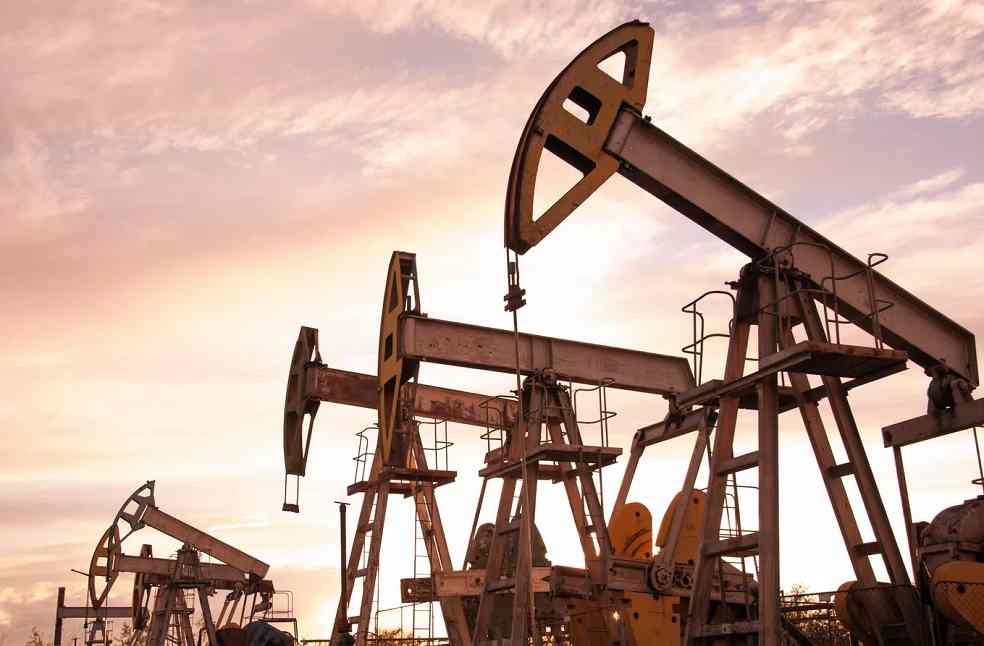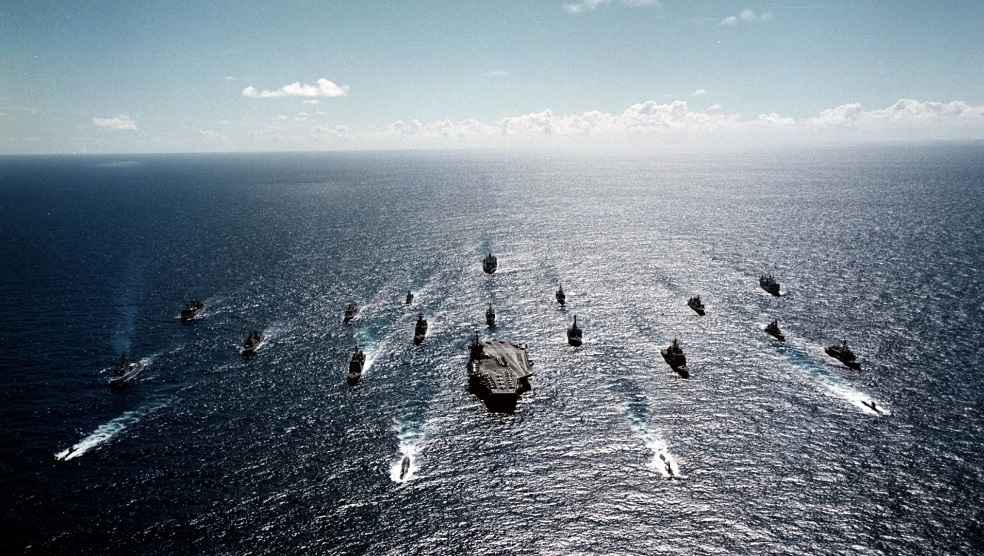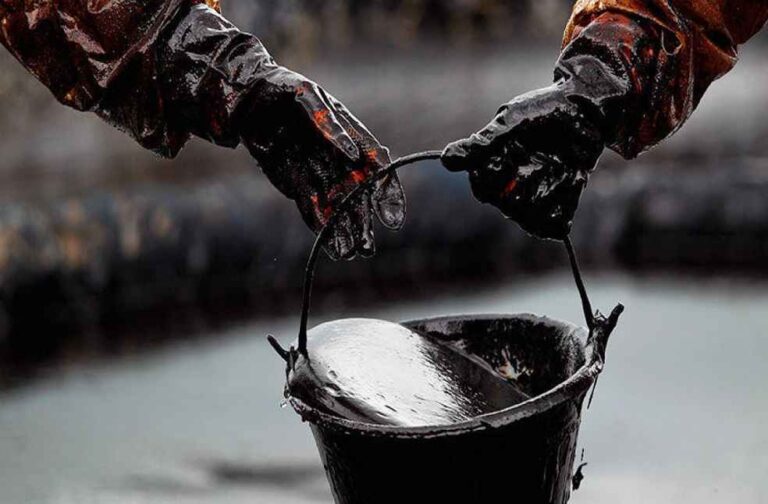Escalating conflicts within the Middle East have prompted Indonesia to seek alternative sources for its crude oil and gas supplies. On Friday, Energy and Mineral Resources Minister Arifin Tasrif revealed plans to engage with potential suppliers from Africa and Latin America.
Highlighting the geographical advantages of African nations such as Mozambique, Tasrif noted their shipping routes circumvent the conflict-ridden Middle East, presenting a strategic benefit in securing a more stable oil supply chain for Indonesia.
Attention also turns toward Latin America as a promising region for diversifying energy procurement. While Venezuela remains under international sanctions, prospects with emerging oil-exporting countries like Guyana are being explored to bolster Indonesia’s resource portfolio.

The initiative extends to liquified petroleum gas (LPG), with a focus on sourcing from regions whose maritime routes are detached from high-risk areas, including Australia and the Americas. This strategy aims to mitigate disruptions amidst fluctuating global dynamics.
Transitioning to suppliers from Africa and the Americas introduces significant challenges, particularly the escalated shipping costs associated with longer transit distances to Indonesia. “The costs will skyrocket, affecting everything,” Tasrif articulated, acknowledging the economic implications of this strategic pivot.

Recent frictions, especially between Iran and Israel, amplify anxieties about potential escalations to full-scale conflict, posing severe threats to global trade, particularly oil. The Strait of Hormuz, a pivotal artery for global oil flows, remains a focal point of vulnerability. “The strait is controlled by Iran, which holds the decisive factor,” commented Tutuka Ariadji, Director General of Oil and Gas.
Tasked with safeguarding Indonesia’s energy supply, state-owned Pertamina is strategizing to fortify its commodity supply lines against a backdrop of global instability.
As Indonesia adapts its energy sourcing strategies, this approach reflects not merely a tactical necessity but a preemptive measure to maintain energy security in an era marked by escalating international tensions.
LATEST NEWS | Bangladesh Ramps Up Cotton Imports Amid Global Garment Boom



